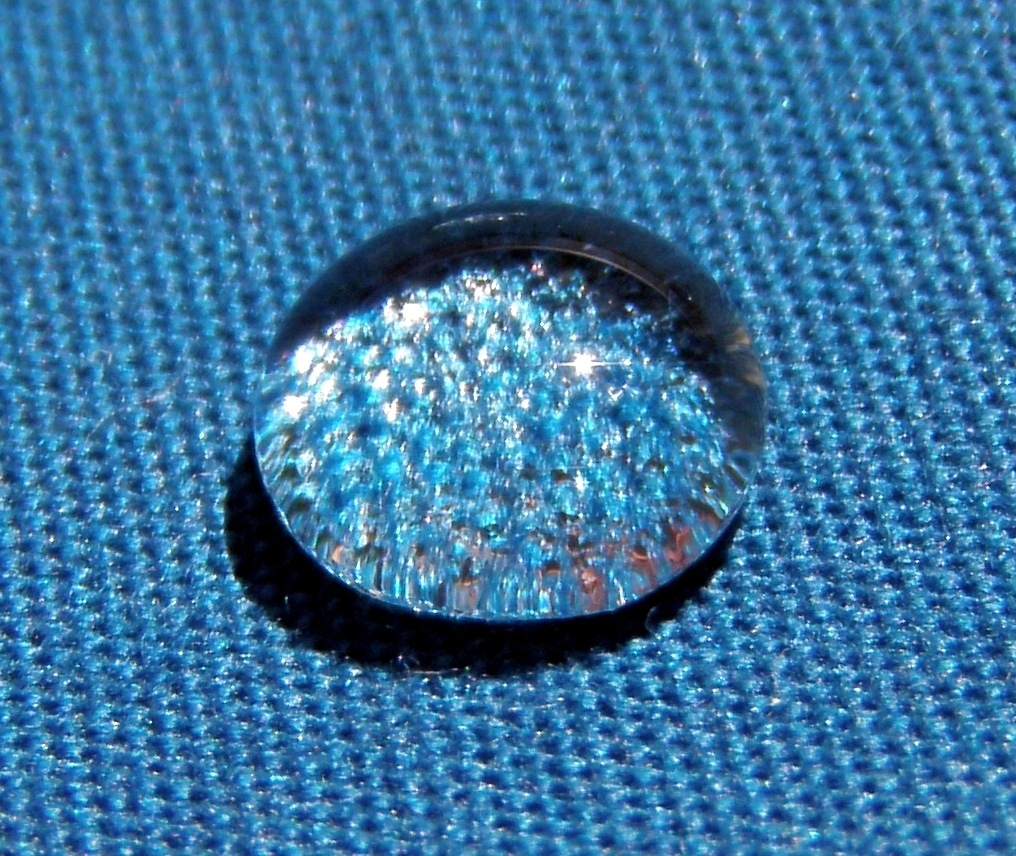What is Teflon Finish?
1. Definition
Teflon finish is a fabric treatment developed by DuPont. It makes the fabric water repellent, oil repellent, and stain release, so it’s easier to clean and maintain.
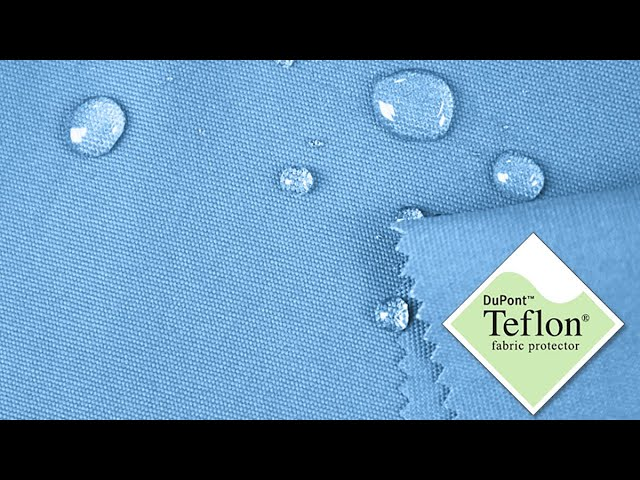
2. Properties
- Stain Resistance: Teflon creates a barrier on the fabric that prevents stains from penetrating, so spills can be wiped off easily.
- Water Repellency: The finish makes water bead up and roll off the fabric, so it provides a certain level of water resistance.
- Oil Repellency: Teflon finish is also effective in repelling oils, so it’s ideal for environments where you’re exposed to greasy substances.
3. Applications of Teflon Finish
Teflon finishes are commonly used in workwear for industries where you’re exposed to oil, grease, and harsh chemicals, such as:
- Oil and gas industry
- Chemical processing plants
- Automotive industry
What is Waterproof Finish?
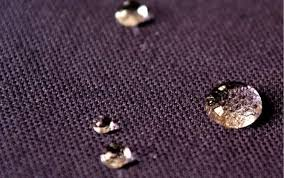
1. What is Waterproof Finish?
A waterproof finish is a treatment applied to fabrics to prevent water from penetrating the material. Unlike water-resistant fabrics that can withstand some moisture but will eventually become saturated, waterproof fabrics provide complete protection against water.
2. Benefits of Waterproof Finish
- Waterproofing: It provides complete protection against water penetration, so you stay dry.
- Breathability: Modern waterproof finishes often incorporate breathable membranes that allow moisture vapor to escape, so you’re more comfortable.
- Windproofing: Many waterproof finishes also block wind, so they provide an extra layer of protection in harsh weather conditions.
- Durability: High-quality waterproof finishes can also enhance the fabric’s durability.
3. Applications of Waterproof Finish
Waterproof finishes are ideal for workwear used in environments with high moisture exposure, such as:
- Construction sites
- Outdoor maintenance and repair work
- Agriculture and farming
- Maritime industries
Comparing Teflon Finish and Waterproof Finish
1. Functionality
- Teflon Finish: It primarily provides stain, oil, and chemical resistance, with some level of water repellency. It’s not completely waterproof, but it’s helpful in environments with oil and chemical exposure.
- Waterproof Finish: It offers full protection against water penetration, so you stay dry in wet conditions. It also provides wind resistance.
2. Usage Scenarios
- Teflon Finish: It’s suitable for industries dealing with oil, grease, and chemicals where cleaning and maintenance are important.
- Waterproof Finish: It’s ideal for industries with constant exposure to water and harsh weather conditions where staying dry is crucial.
3. Cost Differences
- Teflon Finish: Generally, the cost of applying a Teflon finish can be lower than a waterproof finish due to the differences in the technology and materials used.
- Waterproof Finish: Waterproof finishes, especially those that are breathable and incorporate advanced membrane technologies, can be more expensive. However, the investment is justified in environments where staying dry is critical for safety and comfort.
4. Testing Standards
Teflon Finish Testing:
- Stain Resistance: Tested using standardized methods like the AATCC 22 (Water Repellency Spray Test) to measure how well the fabric resists water and oil stains.
- Durability: Tested for abrasion resistance using methods like the Martindale Abrasion Tester.
Waterproof Finish Testing:
- Waterproofness: Tested using hydrostatic pressure tests (e.g., AATCC 127) to measure how much water pressure the fabric can take before it leaks.
- Breathability: Tested using methods like the ASTM E96 (Water Vapor Transmission) to see how well the fabric lets moisture vapor pass through.
- Windproofness: Tested using tests like the ASTM D737 (Air Permeability) to see how well the fabric blocks airflow.
Key Differences Between Teflon and Waterproof Finishes
1. Purpose
- Teflon Finish: Designed to make the fabric water repellent, oil repellent, and stain release so it’s easier to clean and maintain.
- Waterproof Finish: Designed to make the fabric completely resistant to water so it protects the fabric and the wearer from moisture.
2. Performance
- Teflon Finish: Provides surface-level protection so it’s good for everyday use and mild weather.
- Waterproof Finish: Provides complete protection from heavy rain and being exposed to moisture for a long time.
3. Breathability
- Teflon Finish: Generally, the fabric can still breathe so it’s comfortable.
- Waterproof Finish: It depends. Some advanced finishes like Gore-Tex breathe, but others don’t.
4. Durability
- Teflon Finish: Makes the fabric last longer because it prevents stains and spills.
- Waterproof Finish: It’s necessary for durability in wet, harsh environments.
5. Cost
- Teflon Finish: Usually cheaper because it’s easier to apply and the materials are simpler.
- Waterproof Finish: Can be more expensive, especially the advanced breathable ones like Gore-Tex, because the materials and application process are more complicated.
Conclusion
Whether you choose a Teflon finish or a waterproof finish for your industrial workwear depends on your industry and the environmental conditions your workers face. Teflon finishes are great for industries where workers are exposed to a lot of stains, oils, and chemicals because they resist all of these. Waterproof finishes are great for industries where workers are exposed to a lot of water and wind because they protect against both.

 100% COTTON FABRIC
100% COTTON FABRIC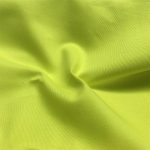 COTTON STRETCH FABRIC
COTTON STRETCH FABRIC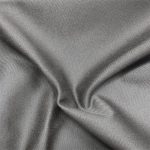 POLYESTER/COTTON FABRIC
POLYESTER/COTTON FABRIC OTHERS FABRIC
OTHERS FABRIC